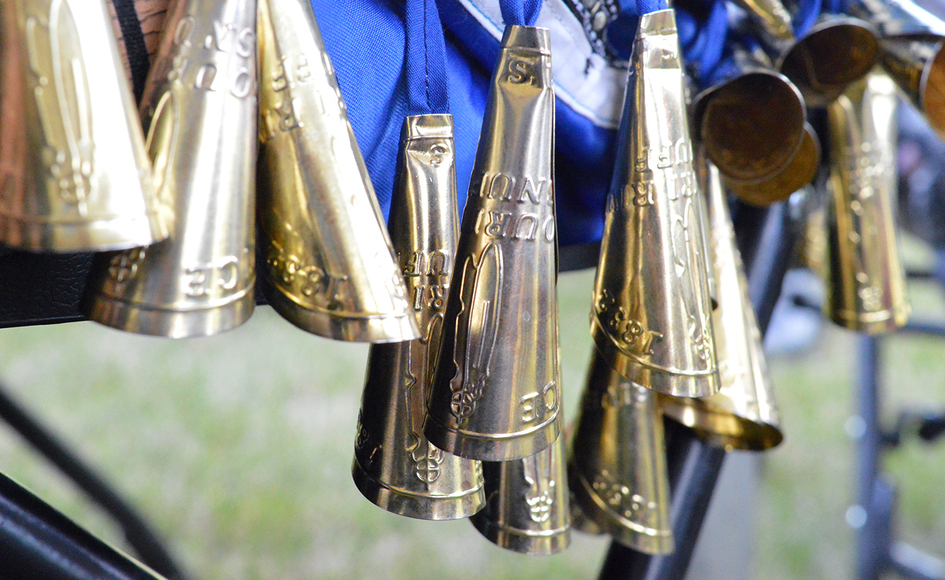Women and girls at Ranch Ehrlo took part in a day of teachings designed to honour, elevate, and highlight the important contributions and wisdom of Indigenous women.
On September 21st, female youth participated in a day of iskwêw (women’s) teachings, with the help and guidance of local elders and knowledge keepers.
Fifteen female participants from Ranch Ehrlo joined others from Four Directions Community Health Centre and invitees from Community and Social Impact Regina.
“By Ranch Ehrlo partnering with these community organizations, through this initiative, shows that we care, we are trying, and that we want to further embed and include cultural pieces within our agency, so the youth have a stronger sense of belonging and cultural identity,” explained Jamie Lerat, Indigenous advisor.
The intent of the day’s teachings was to foster respect, deepen understanding, and build strong, supportive connections between participants while learning about teachings and experiences of Indigenous women in Saskatchewan.
“This is important in the First Nation culture – being able to transfer those oral teachings and the ways of knowing our worldviews female to female,” said Jamie. “Female knowledge keepers and elders bring a special perspective that they can pass on to the younger females. One day our youth will be the matriarchs of their communities, so this really is about strengthening and embedding their cultural identity.”
The day began with a sunrise pipe ceremony, followed by introductions and a welcome. Participants shared breakfast and then experienced the tipi raising. Younger participants took part in a youth tipi, learning about iskwêw teachings, while the adult tipi focused on learning from one another and sharing tea around the fire. The day concluded with a lunch, sweat lodge ceremony, and feast.
“Having our youth participate in this and making those connections to community falls within our Indigenous strategy,” said Jamie. “When we look at the ones we serve, I think it is our obligation and our commitment to enhance a participant’s cultural identity and sense of belonging. It reflects those four questions, ‘Where do I come from? Where am I going? What is my purpose? Who am I?’.”
“When you’re providing that sense of purpose to a youth it really strengthens their own spirit,” she continued. “They can stand taller, walk prouder, and celebrate who they are."


